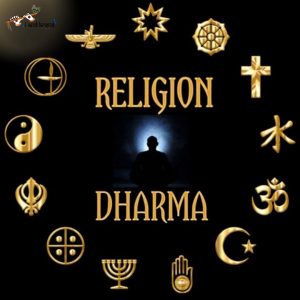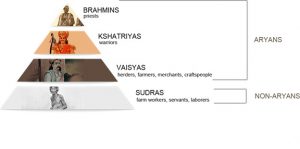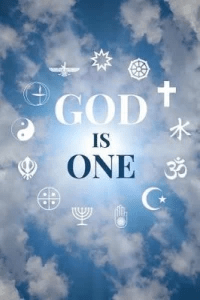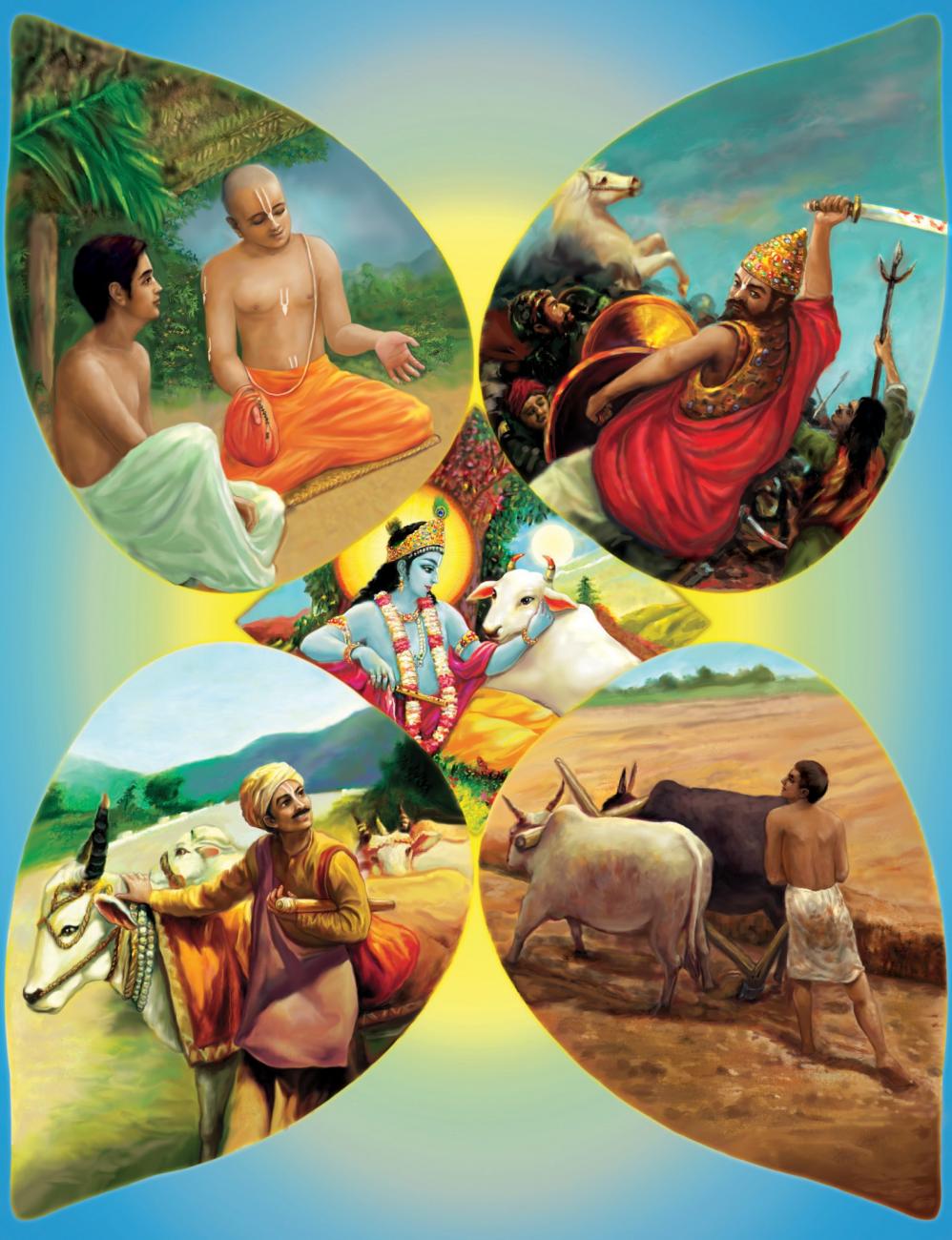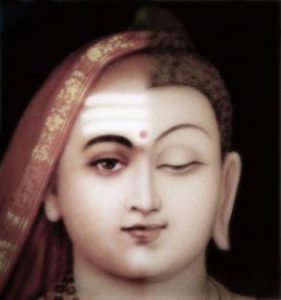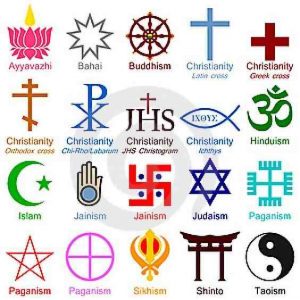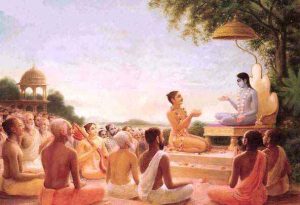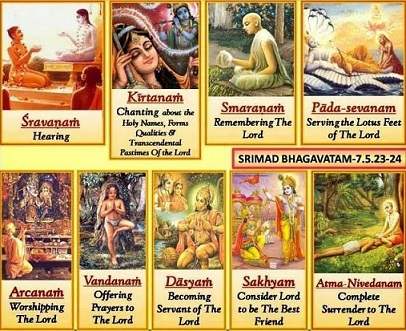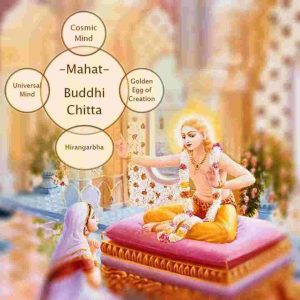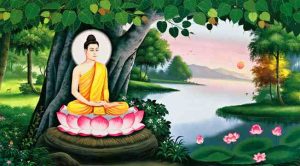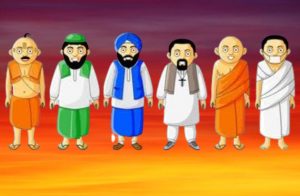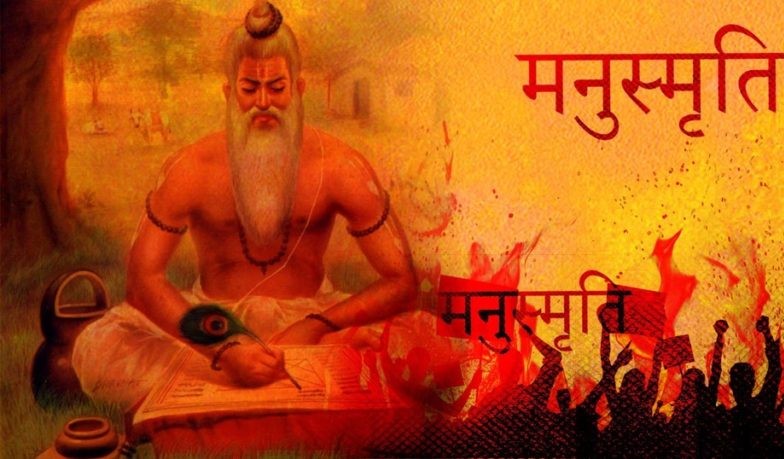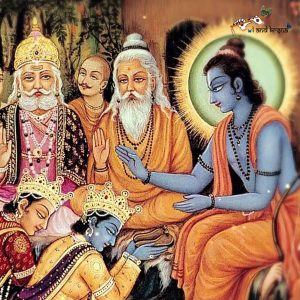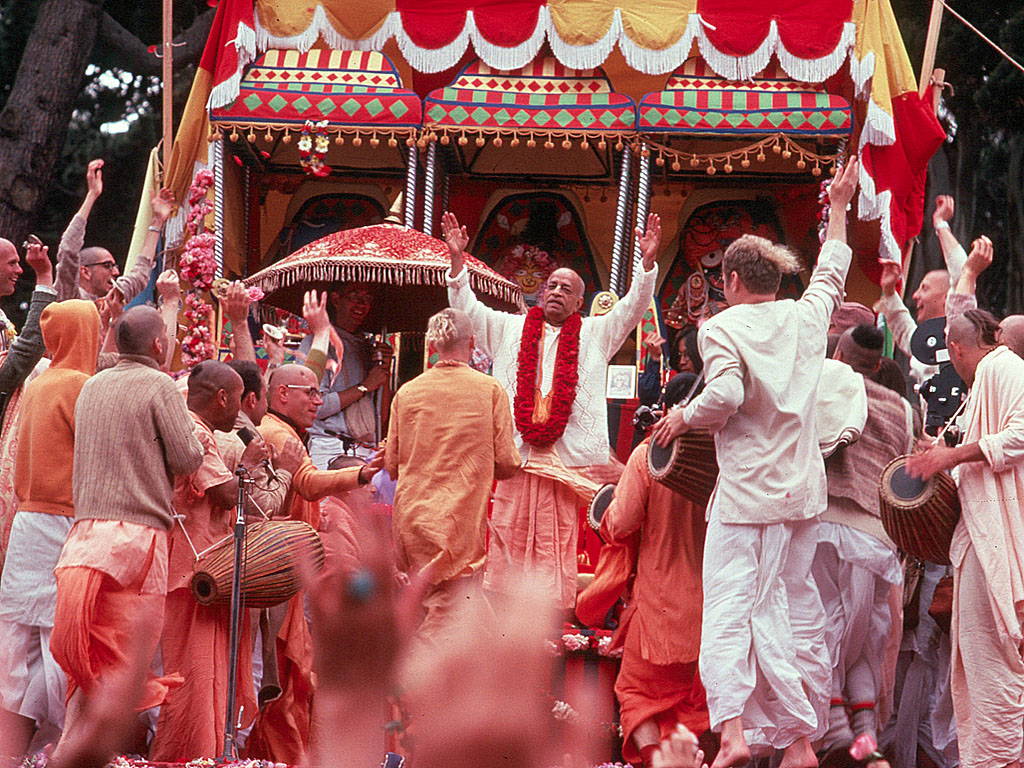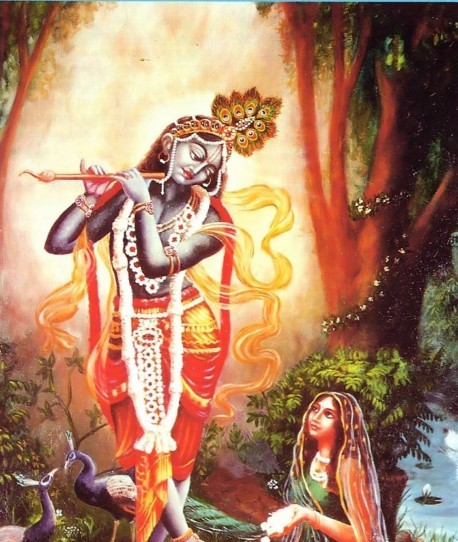One’s religious activities should always be in connection with Krishna.
The word dharma in this verse indicates that one’s religious activities should always be in connection with Kṛṣṇa. Therefore, one should give charity in the form of food grains, clothing, etc., to the Vaiṣṇavas and brāhmaṇas, and whenever possible one should arrange for the protection of cows, who are very dear to the Lord. The word kāma indicates that one should satisfy one’s desires with the transcendental paraphernalia of the Lord. One should eat mahā-prasādam, food offered to the Deity of Lord Kṛṣṇa, and one should also decorate oneself with the Lord’s flower garlands and sandalwood pulp and should place the remnants of the Deity’s clothing on one’s body. One who lives in a luxurious mansion or apartment should convert his residence into a temple of Lord Kṛṣṇa and invite others to come, chant before the Deity, hear Bhagavad-gītā and Śrīmad-Bhāgavatam and taste the remnants of the Lord’s food, or one may live in a beautiful temple building in the community of Vaiṣṇavas and engage in the same activities. The word artha in this verse indicates that one who is inclined toward business should accumulate money to promote the missionary work of the Lord’s devotees and not for one’s personal sense gratification. Thus one’s business activities are also considered to be devotional service to Lord Kṛṣṇa. The word niścalām indicates that since Lord Kṛṣṇa is eternally fixed in perfect knowledge and bliss, there is no possibility of disturbance for one who worships the Lord. If we worship anything except the Lord, our worship may be disturbed when our worshipable deity is placed in an awkward position. But because the Lord is supreme, our worship of Him is eternally free of disturbance.
Source: A.C. Bhaktivedanta Swami Prabhupada (2014 edition), “Srimad Bhagavatam”, Eleventh Canto, Chapter 11 – Text 23-24.


